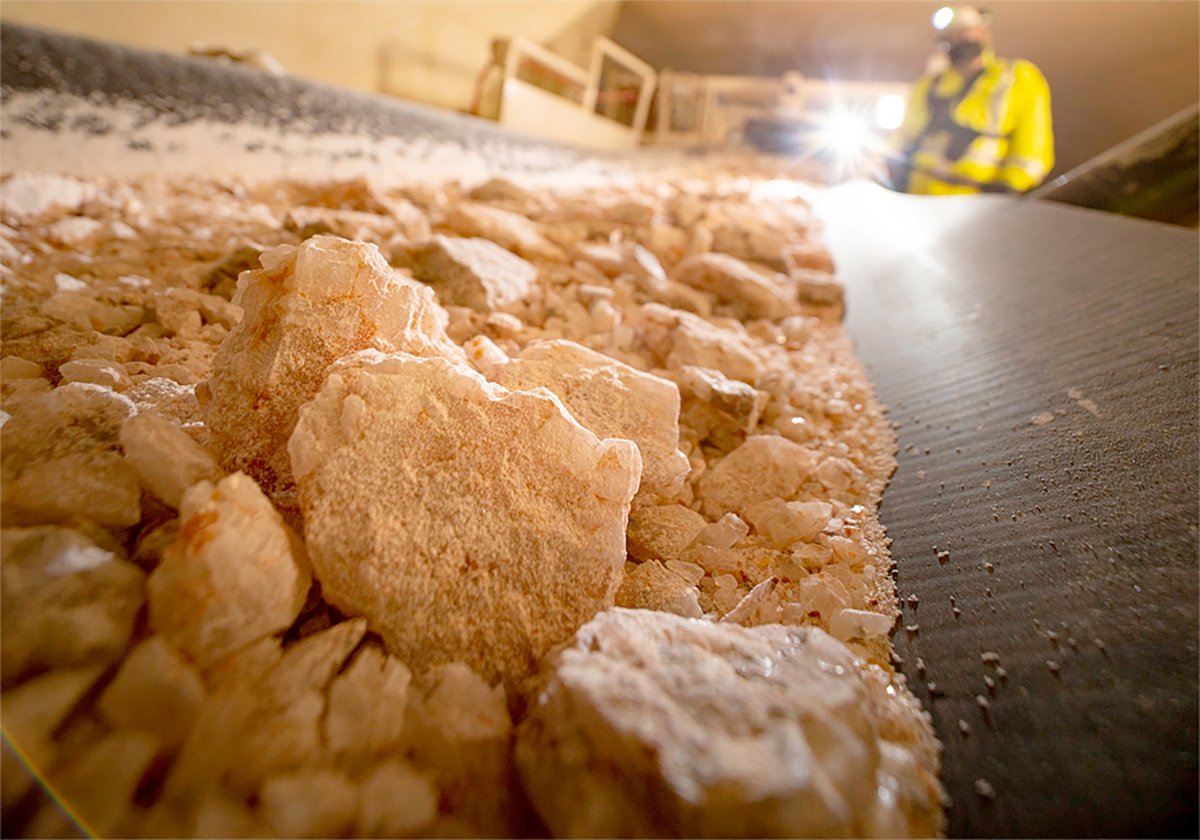FCC Capital is the next step in Farm Credit Canada’s effort to invest in funds dedicated to the agri-food technology sector
WINNIPEG — After peaking in 2021, global investment in agriculture and food technology had a tough year in 2023.
Funding for ag tech and food technology firms hit a peak of US$53 billion in 2021, then dropped to $31 billion in 2022 and sank to $16 billion in 2023.
“There’s no way to sugar coat this: investment in agrifood tech start-ups is at its lowest point in six years,” said a report in AgFunderNews.com this past March.
Read Also

Saskatchewan looks to expand trade in Indonesia
Saskatchewan intends to increase its agricultural partnership with Indonesia.
The decline in funding is concerning, especially for Canada, which has historically struggled with a lack of venture capital for agriculture and food companies.
That may soon change.
Farm Credit Canada, the largest investor in Canadian agriculture, has created a new division that will support innovative firms within agriculture and food.
This year, the crown corporation launched FCC Capital, which will invest in venture capital funds and make direct investments in promising companies.
“We complement and go beyond FCC’s traditional core offering of senior secured lending to support further innovation, sustainability, productivity and global competitiveness of the agriculture and food system,” says the FCC website.
“We’re committed to deploying over $4 billion in high-impact areas over the next five years.”
Graeme Millen, who was hired eight months ago to help lead FCC Capital, said FCC has been investing in funds dedicated to agriculture and agri-food for a number of years.
It has invested about $600 million in18 agricultural and agri-food funds over the last five years.
FCC Capital is the next step in that investment approach.
“FCC has seen success with our fund partners in Canada, who have been deploying capital at an early stage and (helping) build some good businesses,” said Millen, vice-president of business development and ecosystem support at FCC Capital.
“(This is) the natural evolution from where we went to third parties (to invest)…. What FCC Capital is doing is crystallizing on our strategy of driving innovation and impact in Canadian agriculture and food by leaning into different risk.”
This month, FCC Capital made its first direct investment into an ag tech firm. It announced funding for Catalera BioSolutions, a Vancouver firm that produces bio-pesticides and other biologicals for agriculture.
More FCC direct investment is needed in Canada because the amount of cash deployed to technology firms — including the agriculture/agri-food sector — has dropped.
“The overall global tech, venture capital ecosystem has really seen a fall-off since the peak of 2021,” Millen said.
“That is also true in ag tech and food tech.”
However, there are encouraging signs for Canada and its agricultural and agri-food industry.
Global investors are recognizing that Canada has an opportunity to produce more food and do it sustainably.
“Over the last eight months we’re seeing an incredible amount of interest from international … and really high calibre investors in agriculture and food as a category and Canada as a market,” Millen said.
“It is truly a generational opportunity for Canada to respond to the market need … the global demand for more food.”
















